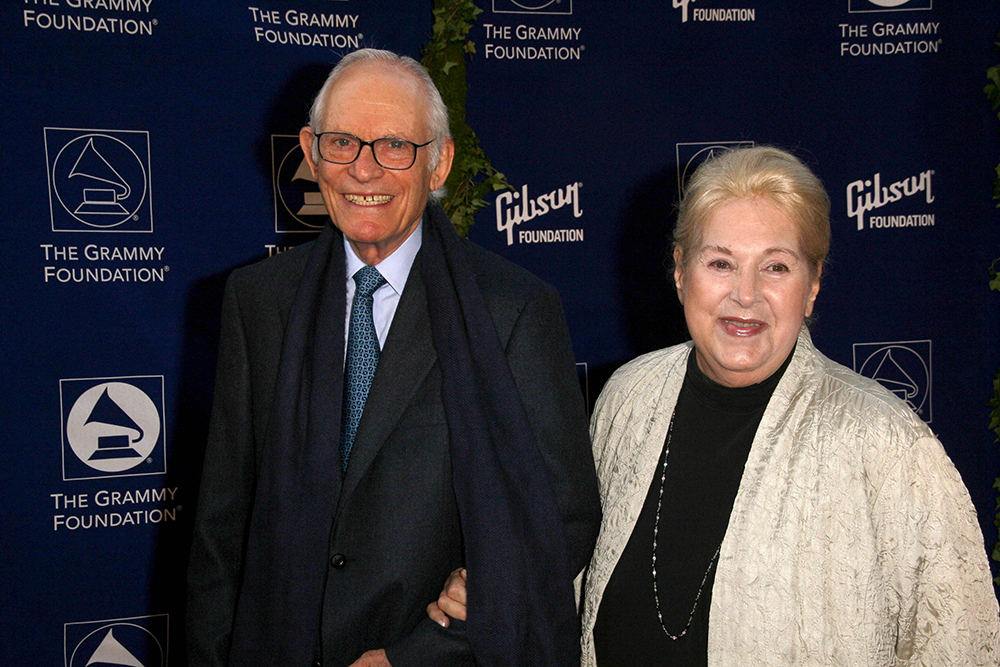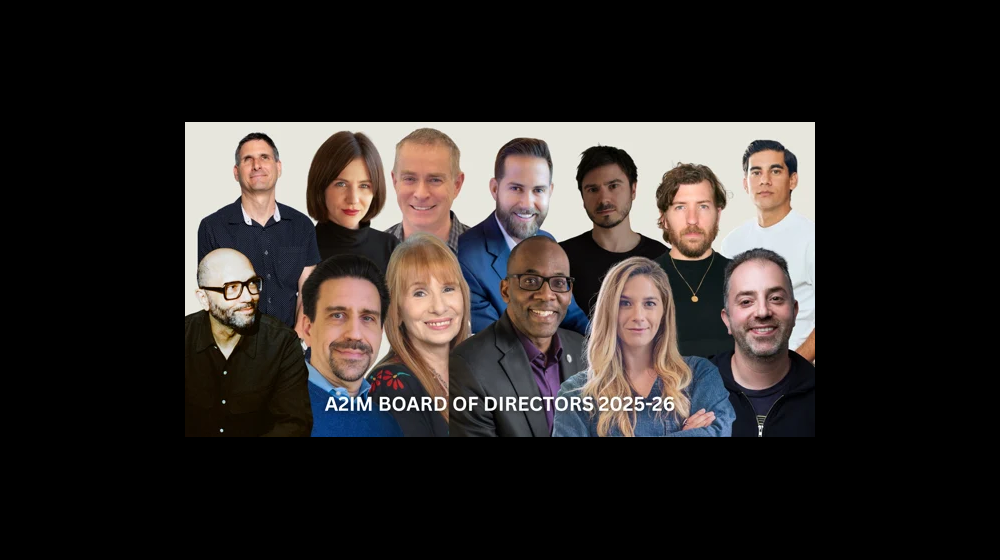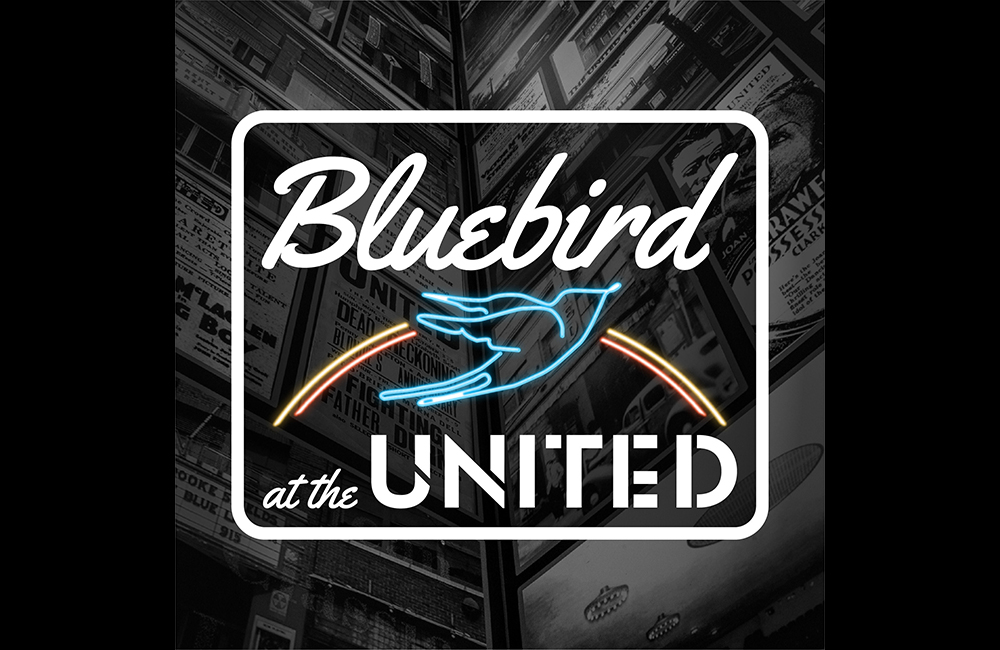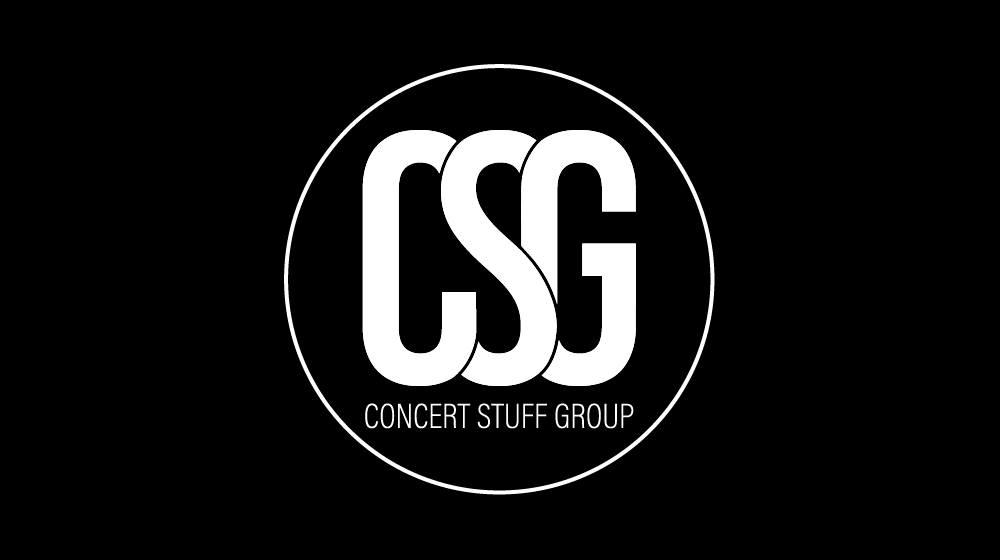
I have no idea what possessed Guy Hands to purchase this pig in a poke, but having done so, and seen what sick shape the business is in, he
is now making drastic efforts to insure its survival and future viability and for this I applaud him.
Those in the industry have been laughing at Mr. Hands for his endless missteps, put forth in writing, for everyone to see. But in hindsight,
one has to admire the transparency absent from a business whose heads act like Mafia Dons. And let's not forget when the biggest mover and
shaker of all, Doug Morris, finally went on record, he stated that he didn't know who to call…as if he was in a Harold Ramis comedy and
forgot the number for "Ghostbusters".
Not only is EMI sick, the other three major label groups are too. And despite protestations, mostly that kids are stealing their wares,
they've done nothing to prepare for a future that is already here.
Sony hired Rick Rubin, who's known no success as a label head and can still pursue his production trade elsewhere. Mr. Rubin's monumental
moves? Moving the office and pronouncing in the "New York Times" that subscription is the future. Meanwhile, Mr. Rubin is famous for not
even going to the office, and he hasn't outlined how this subscription model will work, never mind help make it a reality.
 On the other side of the Sony BMG monolith, we've got
On the other side of the Sony BMG monolith, we've got
Clive Davis.
Who's functioning like it's 1995, if not 1975. Sure, he's done a phenomenal job with Alicia Keys, but the Idol franchise is wilting and a
ton of money is still being spent. There's no new thinking here.
There's new thinking at Warner, but it constantly keeps changing. Is Steve Jobs the savior or the enemy? Is DRM good or bad? Edgar
Bronfman, Jr.'s problem is he's a songwriter with money. He's too close to the way things used to be, and too rich to realize what dire
straits his business is in.
And Universal functions like the CD is on a juggernaut. Except for bad lieutenant Jimmy Iovine, who seems to want to get out, make movies,
sell headphones, go wherever the money flows more easily.
It's been fascinating to watch these companies implode. Kicking and screaming while their sales of recorded music go down, as they ask for
more rights from artists and lay off staff. If they have the answer, it must have come in a fortune cookie, for I see no innovative
thinking. Doug Morris thinks the future's a turf war, where you've got to bully and sue to get your due. Honesty, transparency, working
together…they don't come into the equation. We need to fear Universal. Apple's got to genuflect. Is this any way to run a business?
 Of course not.
Of course not.
Traditional players are scared by Mr. Hands' renovation plan.
First and foremost, firing 2,000 employees.
Roger Ames, who Steve Jobs went to first, the driving industry force for the iTunes Store, has told me that he can run the company like one
up in Silicon Valley. He can employ outsourcing to get what he needs.
I'm not sure this is possible, but I give Roger credit for having a clue, having a plan. A way to get rid of the crushing overhead.
But more interesting to me is EMI's jettisoning of big
advances and its pledge of honesty and transparency. If you're not in partnership with the artist, the mutual distrust only hurts your
bottom line.
 Insiders know for that in excess of a decade, there have been no royalties. Only huge advances. A manager of superstar acts told me that he
Insiders know for that in excess of a decade, there have been no royalties. Only huge advances. A manager of superstar acts told me that he
tells every artist to fire him if they ever get a royalty check, that if the company sends them more money, he's not doing his job well.
Miles Copeland famously took a larger percentage on the Police for less up front. Those who believe in their acts will do this. If they
believe they will get paid.
And no one believes in an honest accounting anymore. So we're going to march forward with this as a given? Which is what is happening at
the other label groups…
Should a band be signed to the highest bidder, or the label who believes most, and can break the act?
Money has ruled this business for so long that its infrastructure, its basic principles, have rotted away.
I feel for Coldplay, Robbie Williams, who made deals in the old world, have become superstars and want everything to be the same as it ever
was. Maybe Guy Hands hasn't handled them well, maybe they should be on another label. But Mr. Hands' goal isn't to kiss the butt of the old
guard, but to find a way to make his company prosper.
 Radiohead hasn't sold that many copies of "In
Radiohead hasn't sold that many copies of "In
Rainbows" since the CD was released after the first of the year, fewer than 200,000. But they're making a bloody fortune, much more than a
superstar act on a major label, possibly more than five bucks a record when they're all done. Can Guy Hands compete with this? Not via the
old model. The bands think they can still go five times platinum, when almost nobody does, and a band's old track record is no longer such a
good predictor of their future sales success. Hell, look at Jay-Z!
So do you pay a fortune and cross your fingers or blow the whistle and say you're done?
I don't want to give the guy too much credit, Mr. Hands is a financier, he wanted to borrow money, he needed to make the trains run on time.
But this latest restructuring is not purely about cutting, there is some wisdom, there is some strategy. And for that I support him. Change
is anathema to the old guard. But if you don't change, you die.

































































